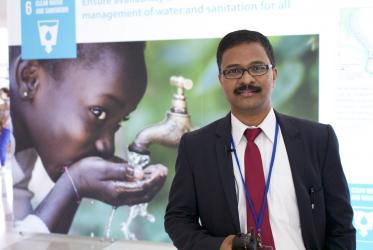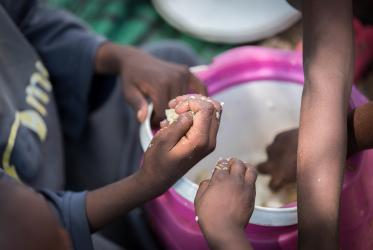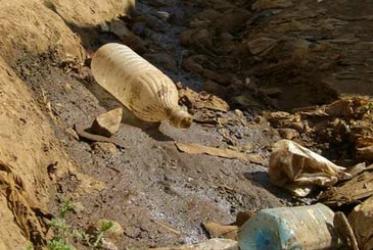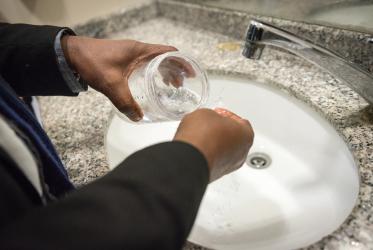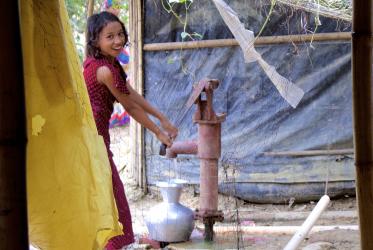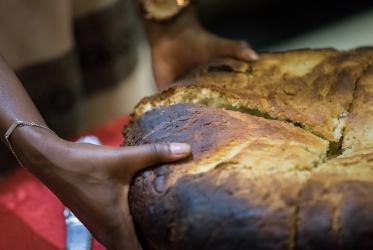Displaying 161 - 180 of 438
Webinar to explore link between religion, hygiene
17 April 2020
Martin Khor Kok Peng, “friend of the poor,” passes away
03 April 2020
Prayer for the World Water Day, 22 March 2020
22 March 2020
Faith communities vital in overcoming hunger
18 March 2020



